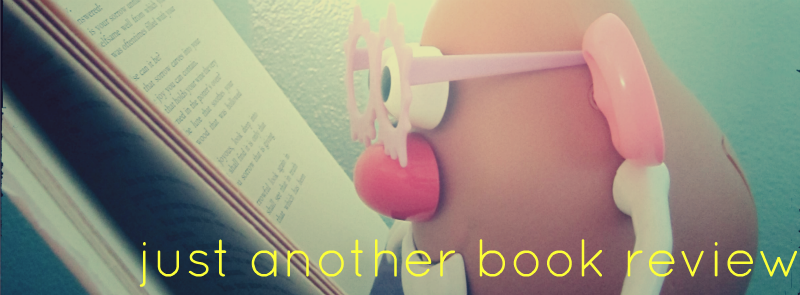"The Ocean at the End of the Lane" by Neil Gaiman
Every spring break I pile up the books thinking that I'll actually read them, and instead I just gaze out the window while the mountains blur by. For the first time ever, I actually read all the books I took with me. I devoured "The Ocean at the End of the Lane" in a few hours, and I think it became my favorite Gaiman novel once I finished.
The main story, about a boy who befriends a bewitching little girl that lives down the lane from him, is told with such bittersweet poignancy that my heart ached as I turned the final pages of the book. Gaiman leaves you hoping, but he doesn't give you a straight answer.
The little girl's name is Lettie and the pond by her house, where she lives with her mom and grandma, is, to her, an ocean. The boy tells her this can't be true, but then she whisks him away somewhere that seems like Earth or this dimension, but isn't. It's reminiscent of Stephen King's "Lisey's Story" when Scott shows Lisey Boo'ya Moon.
Then, the narrator goes home to find that his parents hired a new nanny to help take care of him, but she is no Mary Poppins. She's Mary to the narrator's sister, but that's it. There's a dark worm inside her character and it's obvious that something isn't right, but you don't get to find out right away, and when you do, Lettie helps to save him.
I think the best part of the novel is that the reader isn't quite sure what's happening. The fantastic elements are told with such nonchalance, with no true explanation, that the reader gets lost, a little confused, but is completely swept away that he believes wholeheartedly, hoping for some explanation of these crazy elements, but that moment never comes.
The reader is left with what the narrator knows, which isn't enough, and therefore we all go on pining. This story really relies on the theme of what happens after the loss of innocence, and also what happens when someone chooses to retain some of that innocence, even after seeing it all. Lettie portrays such wisdom as a child, and the reader knows something is up. She is also prone to skipping, helping on her farm and helping her newfound friend. She is wise and innocent at the same time.
The elements of childhood and the sadness when reality crashes in his heartbreaking. Gaiman captures this and more.


Comments